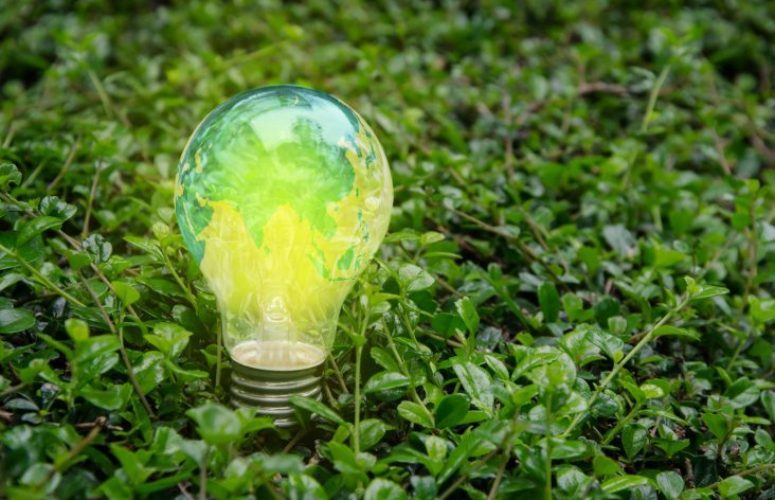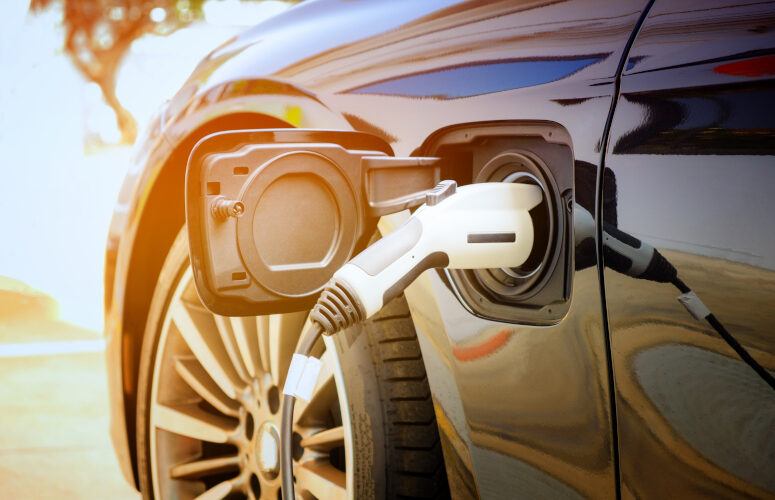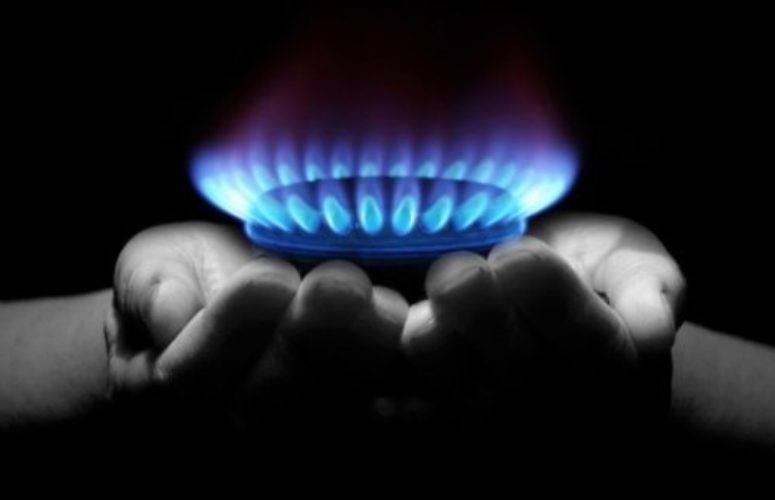
Christie Administration Continues Support for a Diverse Portfolio of Reliable In-State Generation
On Nov 6, 2014The New Jersey Board of Public Utilities (board) recently released the New Jersey’s Clean Energy Program (NJCEP) first renewable electric storage solicitation and new biopower solicitation for 2015. The board’s actions continue the Christie Administration’s commitment to a diverse portfolio of reliable in-state generation. The biopower and renewable electric storage competitive solicitations will each use $3M in CEP funding to leverage over $7 million in projects, and will be open for a 60-day and 46-day application period, respectively, with both the private and public sectors invited to participate.
Both solicitation evaluation processes take into account the applicant project’s economic viability, readiness, technical feasibility and resilience criteria. The objectives of the competitive solicitations are:
- Focus on sustainable biopower projects that are “ready to build” and can be completed as quickly as possible.
- Establish maximum incentive amounts, allowing the limited funds to be committed to a broader number of projects.
- Focus on facilities that are defined as “public and critical” with the goal of keeping them operational during power outages.
“As a result of the devastation caused by Superstorm Sandy, projects at critical facilities that improve resiliency are top priorities,” said Richard S. Mroz, President of the NJ Board of Public Utilities. “The New Jersey Clean Energy Program now encourages islanded power systems at critical facilities, such as water and wastewater treatment plants, hospitals, communications centers, schools and public safety facilities that are otherwise consistent with the program’s resiliency, environmental and energy production goals.”
One example of an islanded system is the combined heat and power (CHP) plant at the Joint Meeting wastewater treatment facility in Elizabeth. Late in 2009, Joint Meeting constructed a new CHP facility fueled primarily by methane gas that is the by-product of the anaerobic sludge digestion process utilized to reduce the amount of sludge generated by the wastewater treatment facility. The CHP facility reduced the facility’s carbon footprint and limited pollutants discharged into the air while also providing sufficient power to run the sewage treatment process in the event of a utility power loss. In the past, a power loss from the public utility resulted in a loss of sewage treatment capacity.
Funding for islanded projects at critical facilities similar to Joint Meeting will also be available through the New Jersey Energy Resilience Bank (ERB), a federally-funded program co-managed by the New Jersey Board of Public Utilities (BPU) and the New Jersey Economic Development Authority (EDA) that offers low interest loans and grants for distributed generation projects that offer the greatest resilience benefits for the residents of the State. Projects seeking loans through the ERB may participate in the Biopower or Renewable Electric solicitations. However, projects provided grants through the ERB will not be eligible for a competitive incentive through either the Biopower or Renewable Electric solicitations.
Incentive amounts for the biopower and renewable electric storage solicitations can be competitively determined where the applicant defines the incremental amount necessary to make the investment worthwhile while providing the ratepayer with the greatest benefit at the least cost; allowing the funding to be spread among the greatest number of applicants. Incentives are capped at 30% of the project’s total installed cost.
Related Articles:





